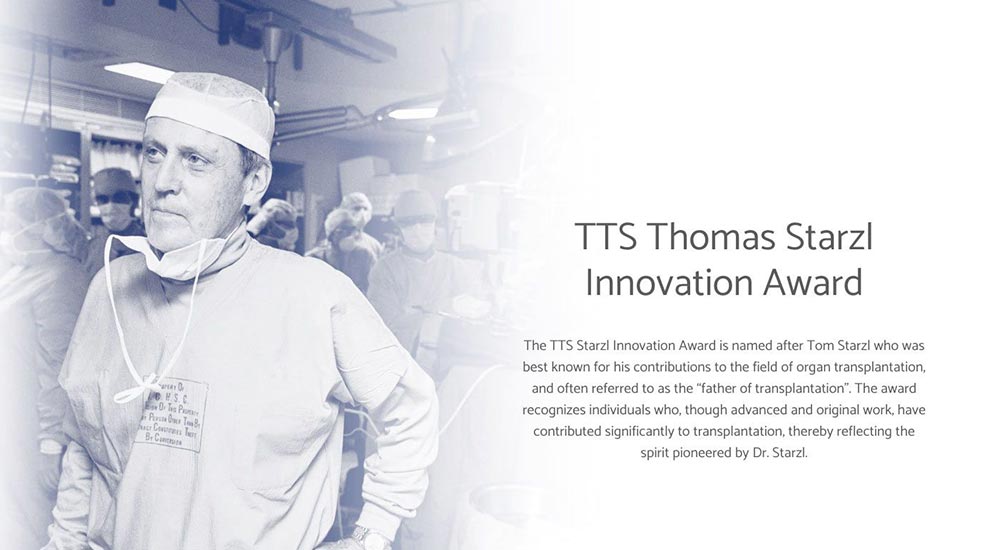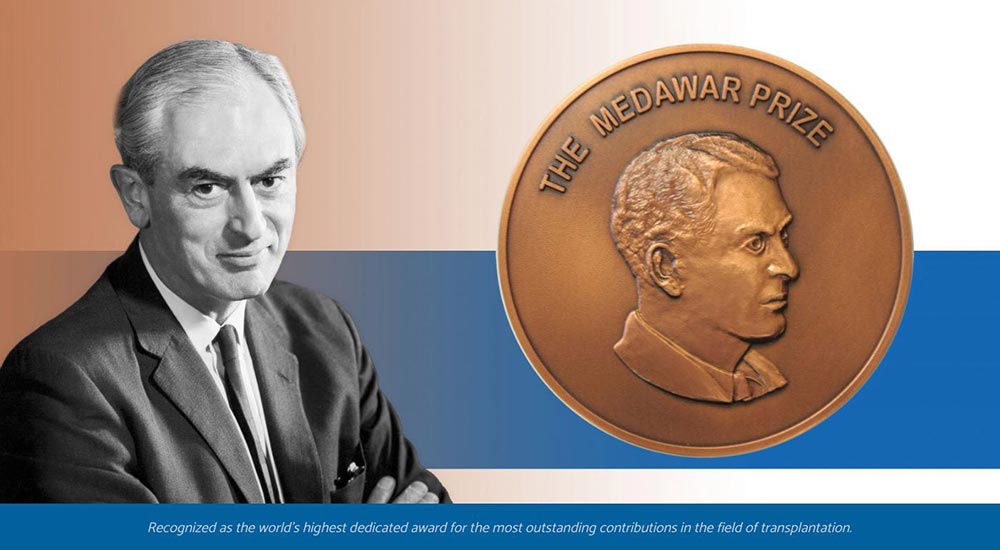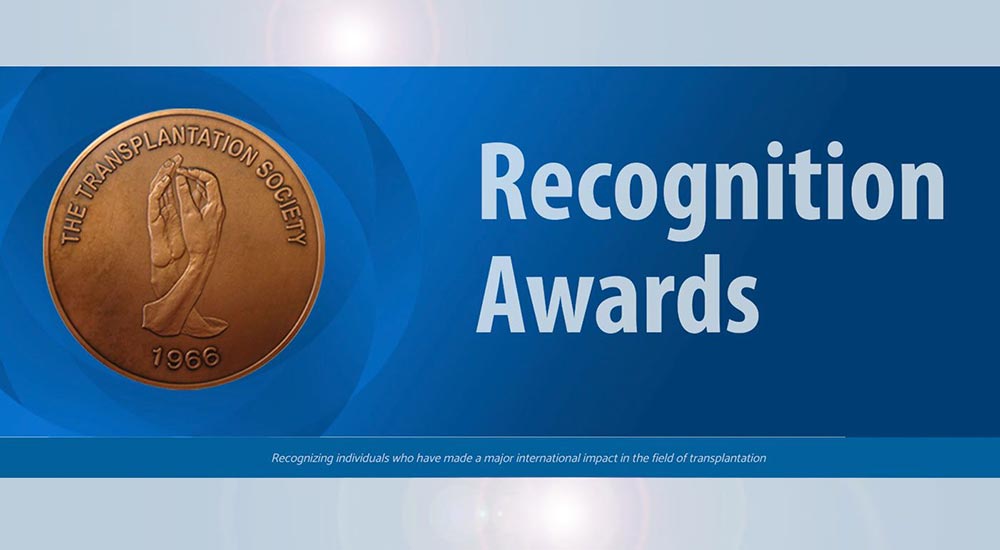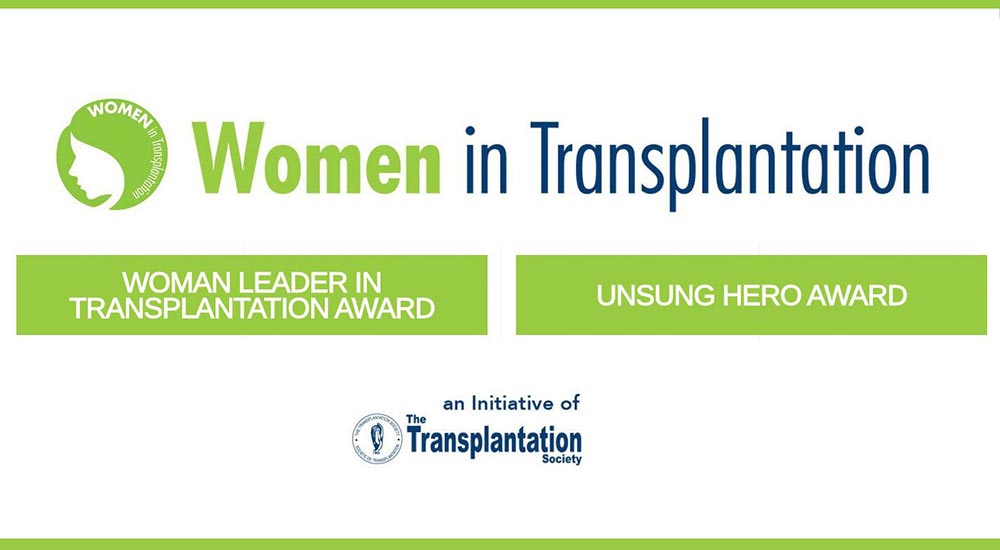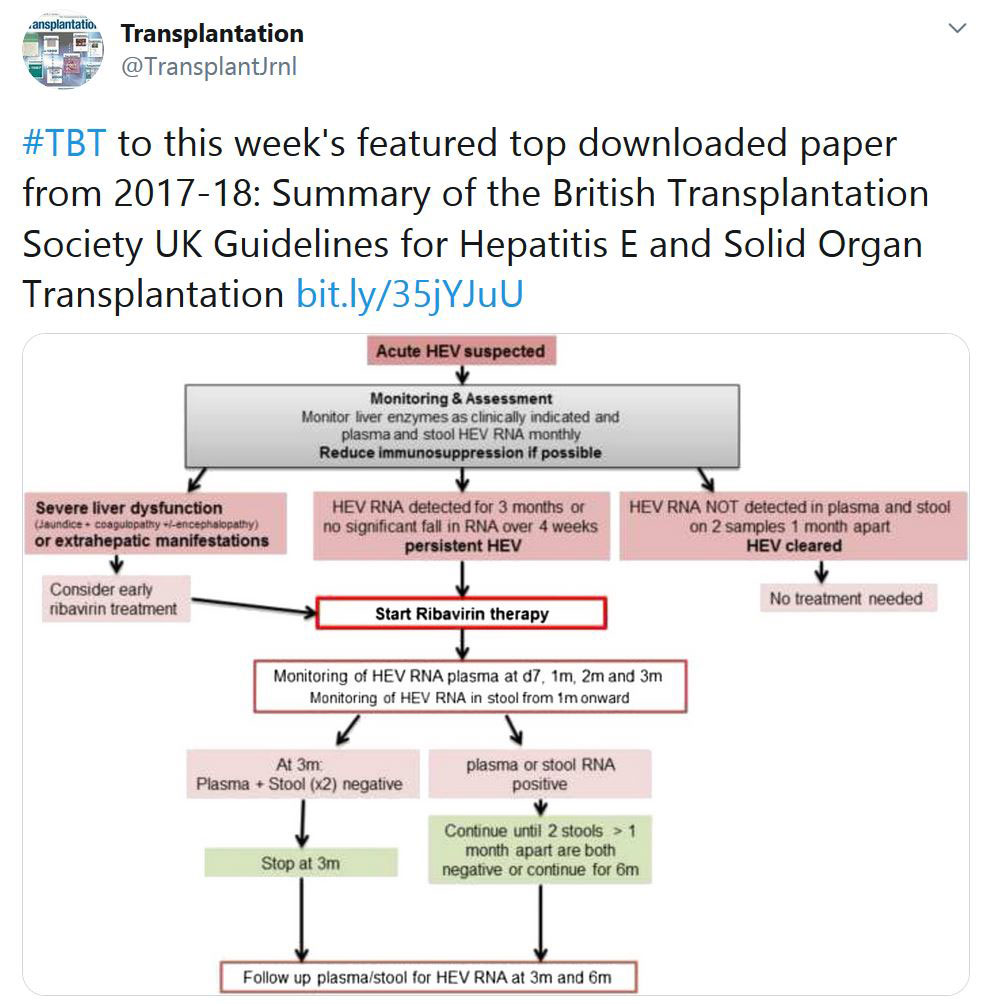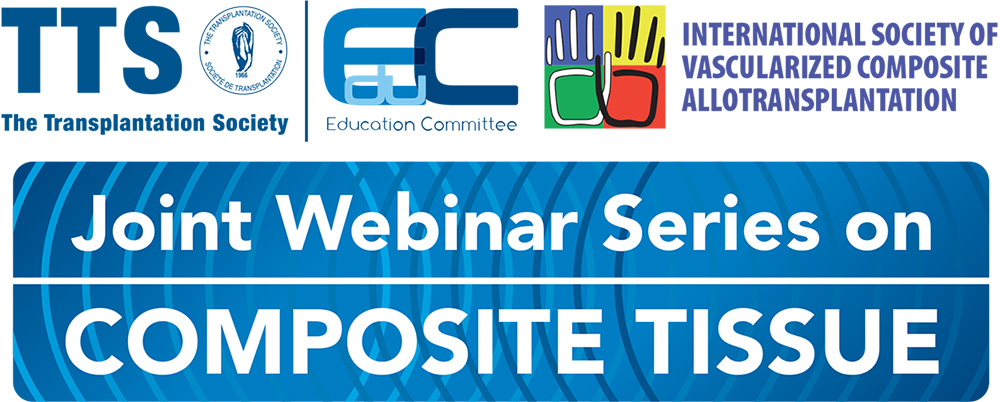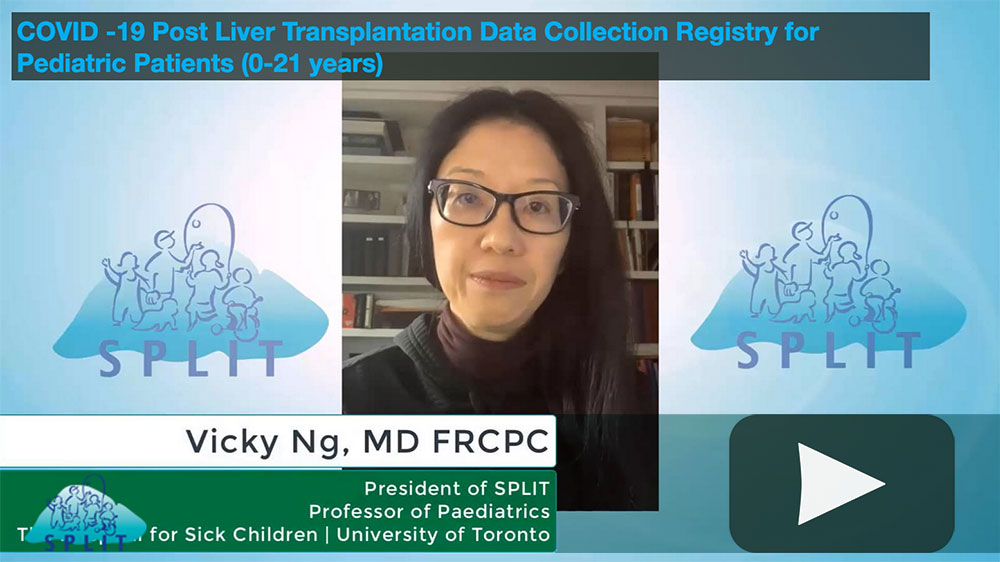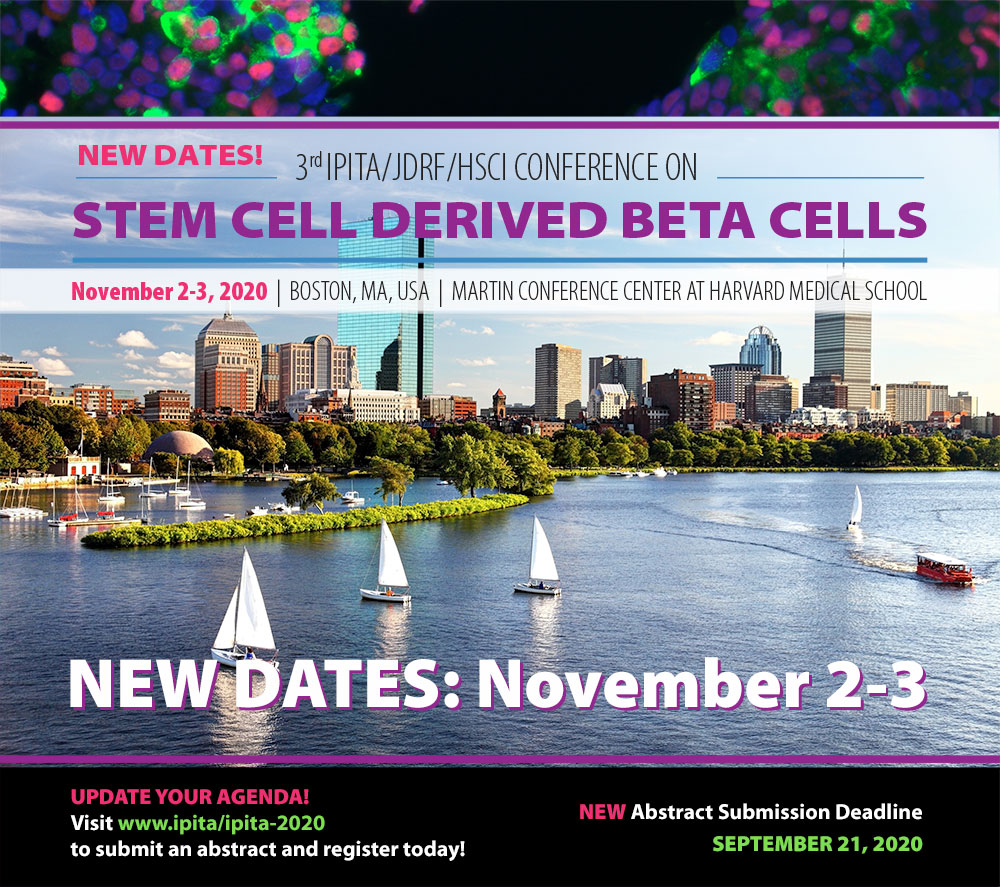
TTS 2020 AWARDS DEADLINE THIS FRIDAY, MAY 22
TTS THOMAS STARZL INNOVATION AWARD
Application Extended Deadline - May 22, 2020
The award recognizes individuals who, though advanced and original work, have contributed significantly to transplantation, thereby reflecting the spirit pioneered by Dr. Starzl.
THE MEDAWAR PRIZE
Application Extended Deadline - May 22, 2020
Recognized as the world's highest dedicated award for the most outstanding contributions in the field of transplantation.
TTS RECOGNITION AWARDS
Application Extended Deadline - May 22, 2020
These awards recognize individuals who have made a major international impact in the field of transplantation.
WIT AWARDS
Application Extended Deadline - May 22, 2020
The Woman Leader in Transplantation Award and Unsung Hero Award will be presented to women with extraordinary impact in the field.
TTS 2020 GOES VIRTUAL

A few weeks ago, we informed you that we would continue to monitor the evolution of the COVID-19 pandemic and government and institutional responses regarding travel restrictions so as to determine if a change to the format of TTS 2020 would become necessary.
As always, our primary concern is for the health and wellbeing of our delegates, exhibitors, staff and the wider community. We have therefore concluded that a physical meeting in Seoul in September 2020 would not be prudent.
Nevertheless, we strongly believe that an international congress of the transplant community is particularly important in 2020 in view of the unfortunate cancellation of many other international congresses.
We are therefore excited at the prospect of bringing you a virtual congress in September 2020 – one that will feature the most advanced scientific and clinical practices, as well as the most up-to-date developments on COVID-19. We will bring this in a forum that will enable delegates around the world to participate during their preferred time zones.
Over the coming weeks, we will bring you full details of this exciting new congress format.
TRANSPLANTATION - HIGHLIGHTED ARTICLE

Dr. Karen Keung, Editorial Fellow, Transplantation
Anti-BAFF Treatment Interferes With Humoral Responses in a Model of Renal Transplantation in Rats
Steines L, Poth H, Schuster A, et al.
Transplantation: January 2020 - Volume 104 - Issue 1 - p e16-e22
B-cell-activating factor (BAFF) is an important survival and activation factor for B cells, with elevated levels associated with donor specific antibodies (DSAs) and poorer outcomes after renal transplantation (RTx). In this study, the authors examined a monoclonal anti-BAFF antibody in a rat RTx model and investigated effects on B-cell subsets, functional molecules, germinal center (GC) dynamics and antibody formation. Transplanted rats received reduced dose cyclosporin A for 28 or 56 days to allow chronic rejection and DSA formation, and anti-BAFF antibody was injected on days 3, 17, 31 and 45 post-transplant. Within allografts, the frequency of total B cells (CD45R+CD3-) was significantly reduced by anti-BAFF treatment on days 28 and 56 in allografts and spleen, and naive B cells were strongly reduced in all compartments. Although the frequency of B-cell follicles and GCs was unaffected by anti-BAFF treatment, B-cell follicles were significantly smaller and GC expansion was diminished after anti-BAFF treatment. Overall, there was a trend for lower DSA MFI in anti-BAFF-treated rats, which was significant in IgG subclasses IgG2a and IgG2c. The authors concluded that anti-BAFF treatment can interfere with humoral alloresponses by addressing multiple steps of B-cell activation in this model, however its long-term effects warrants further evaluation.
TRANSPLANTATION - WEEK'S MOST DOWNLOADED PAPER
«HOT OFF THE PRESS» RECENT PUBLICATIONS IDENTIFIED BY TTS EDUCATION COMMITTEE ON COVID-19
This week's selection made by: Enver Akalin, Valeria Mas, Maria Kaisar, Marcelo Cantarovich, Pablo Uva and Millie Samaniego

Organ procurement and transplantation during the COVID-19 pandemic.
Loupy A, Aubert O, Reese PP, Bastien O, Bayer F, Jacquelinet C.
Lancet. 2020 May 11. pii: S0140-6736(20)31040-0. doi: 10.1016/S0140-6736(20)31040-0. [Epub ahead of print] No abstract available.
PMID: 32407668
This article documented a 90.6% reduction in deceased donor transplantations since the COVID-19 outbreak in France and 51.1% in the USA, respectively.
Pathological inflammation in patients with COVID-19: a key role for monocytes and macrophages.
Merad M, Martin JC.
Nat Rev Immunol. 2020 May 6. doi: 10.1038/s41577-020-0331-4. [Epub ahead of print] Review.
PMID: 32376901
This article describes potentially pathological roles of macrophages during SARS- CoV-2 infection and discusses ongoing and prospective therapeutic strategies to modulate macrophage activation in patients with COVID-19.
COVID-19 in kidney transplant recipients.
Nair V, Jandovitz N, Hirsch JS, Nair G, Abate M, Bhaskaran M, Grodstein E, Berlinrut I, Hirschwerk D, Cohen SL, Davidson KW, Dominello AJ, Osorio GA, Richardson S, Teperman LW, Molmenti EP.
Am J Transplant. 2020 Apr 29. doi: 10.1111/ajt.15967. [Epub ahead of print]
PMID: 32351040
This article reports 30% mortality and 50% acute kidney injury in 10 kidney transplant recipients.
Covid-19 in Immune-Mediated Inflammatory Diseases - Case Series from New York.
Haberman R, Axelrad J, Chen A, Castillo R, Yan D, Izmirly P, Neimann A, Adhikari S, Hudesman D, Scher JU.
N Engl J Med. 2020 Apr 29. doi: 10.1056/NEJMc2009567. [Epub ahead of print] No abstract available.
PMID: 32348641
This article identified 86 patients with immune-mediated inflammatory disease who had either confirmed (59 patients) or highly suspected (27 patients) symptomatic Covid-19 infection. 62 of 86 (72%) were receiving biologics or Janus kinase (JAK) inhibitors, and the overall incidence of hospitalization was 16%.
Effective treatment of severe COVID-19 patients with tocilizumab.
Xu X, Han M, Li T, Sun W, Wang D, Fu B, Zhou Y, Zheng X, Yang Y, Li X, Zhang X, Pan A, Wei H. Proc Natl Acad Sci U S A. 2020 Apr 29. pii: 202005615. doi: 10.1073/pnas.2005615117. [Epub ahead of print]
PMID: 32350134
This is a retrospective, uncontrolled study of 21 patients with severe COVID-19 who received treatment with the IL-6 blocker tocilizumab. Within 24 hours of starting tocilizumab therapy, fevers and elevated C-reactive protein levels resolved, and levels of IL-6 and other proinflammatory cytokines declined. All patients subsequently were discharged alive.
Characteristics and Outcomes of Recipients of Heart Transplant With Coronavirus Disease 2019.
Latif F, Farr MA, Clerkin KJ, Habal MV, Takeda K, Naka Y, Restaino S, Sayer G, Uriel N.
JAMA Cardiol. 2020 May 13. doi: 10.1001/jamacardio.2020.2159. [Epub ahead of print]
PMID: 32402056
This article describes case series of 28 patients who had received heart transplant in a large academic center. The mortality rate was 25% and 76% had evidence of myocardial injury. Mycophenolate mofetil was discontinued in 16 patients (70%), and 6 (26%) had a reduction in the dose of their calcineurin inhibitor. Treatment of COVID-19 included hydroxychloroquine (78%), high-dose corticosteroids (47%), and interleukin 6 receptor antagonists (26%).
TUESDAY, MAY 26 - WEBINAR ANNOUNCEMENT
TITLE: IMMUNOLOGY OF VCA
TUESDAY, MAY 26, 2020 10:00AM EDT (MONTREAL TIME)
Objectives:
To provide an overview on similarities and differences identified in VCA vs solid organ transplants.
A presentation of recent data from preclinical models characterizing cell populations that may protect grafts from strong immune responses directed towards skin containing VCA allografts.
CORONAVIRUS (COVID-19) UPDATE DASHBOARD
The Transplantation Society (TTS) and our journal Transplantation have developed online resources to keep you informed on the Coronavirus (COVID-19) outbreak.
- TTS Coronavirus (COVID-19) Dashboard
www.tts.org/covid-19 - Transplantation Global Transplantation COVID Report
www.tts.org/txjcovid19
We are also requesting contributions and news from the transplant community to be sent to covid-19@tts.org for inclusion on our resources page.
In this dashboard, you will find links to TTS and other global and regional resources, as well as interactive maps, publications and webinars. We encourage you to explore this dashboard and share with your colleagues.
Website - www.tts.org/covid-19
Editors and contributors to Transplantation have shared their thoughts on how they are dealing with the current crisis. While we understand that the information of today may be quite different tomorrow in this fast-moving pandemic, this report will open our forum of an international exchange on COVID for the transplant community.
Website - www.tts.org/txjcovid19
Please send your own contributions and news to covid-19@tts.org for inclusion on our resources page.
SPLIT-TTS/NASPGHAN PEDIATRIC HEPATOLOGY AND PEDIATRIC LIVER/INTESTINAL TRANSPLANTATION COVID REGISTRY
The Society of Pediatric Liver Transplantation (SPLIT), the newest subsection of TTS, and the North American Society of Pediatric Gastroenterology, Hepatology and Nutrition (NASPGHAN) have partnered to create a secure and de-identified online pediatric registry (for patients under 21 years of age). Our intention is to collect and disseminate the experience of our community to better understand the clinical presentation, natural history and long-term outcomes in our hepatology and liver and/or intestinal transplant population. We are requesting all clinicians who are taking care of these pediatric patients who are pre- or post-liver or intestinal transplantation or who have chronic liver disease (still with their native liver) worldwide to report all cases of COVID-19.
Click here to read more or submit a case
We encourage you to complete this form even if the patient is in the middle of their COVID course. This allows for timely dissemination back to our community. A weekly summary of COVID cases will be reported on the SPLIT/IRTA COVID-19 listserv and the NASPGHAN COVID website.
IN THE NEWS
COVID-19 PROMPTS NEW HOME TEST FOR KIDS WITH ORGAN TRANSPLANTS
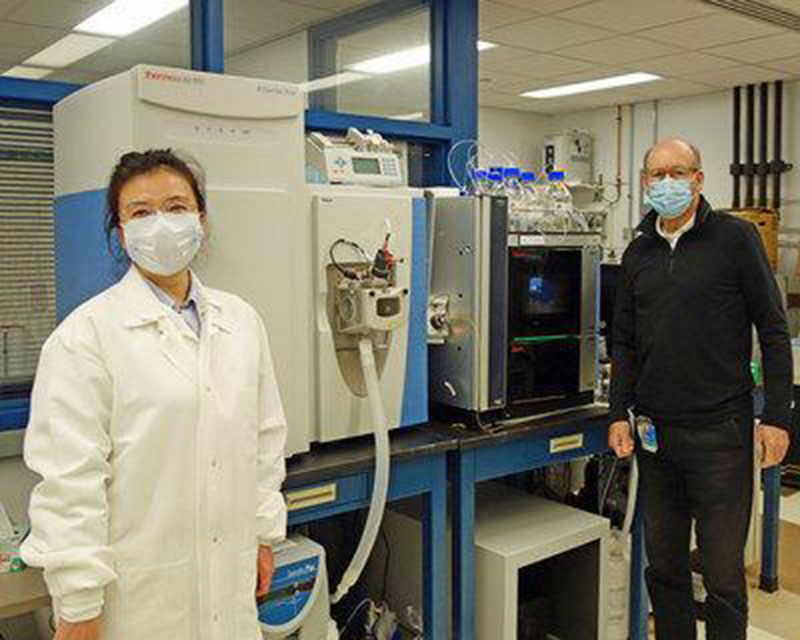
May 13 - A new mail-in blood test for children with transplanted organs eliminates the need for vulnerable immunosuppressed patients to visit the hospital to have blood drawn in person.
KIDNEY CANCER FOLLOWING HEART TRANSPLANTATION, A COMMON PRESENTATION OF AN UNCOMMON MALIGNANCY: A UNIQUE CASE SERIES
May 13 - Heart transplantation (HT) success rate is limited by a high incidence of cancer post-HT. Data on kidney cancer following solid organ transplantation, especially HT, are limited, and only a few cases have been reported.
APPLICATION OF NANOTECHNOLOGY IN THE TREATMENT OF VIRAL INFECTIONS
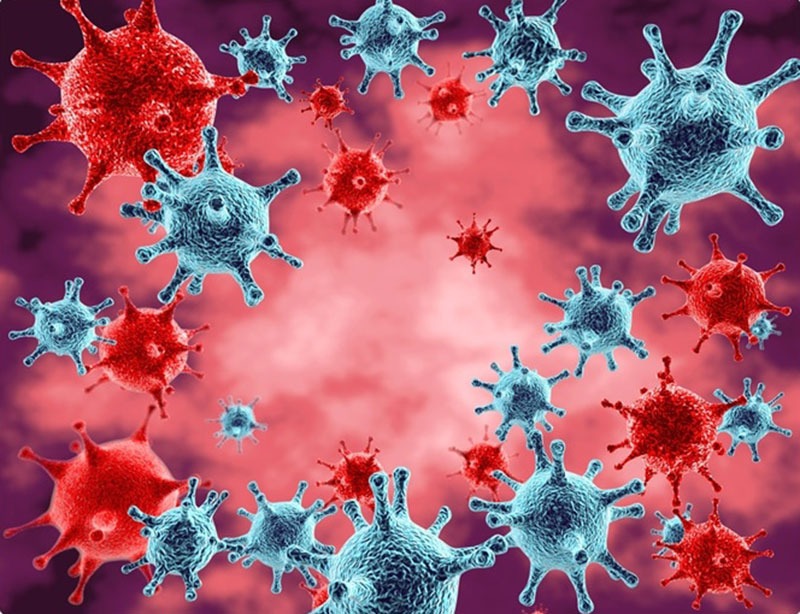
May 12 -Millions of people are globally affected by viral diseases. Viral diseases not only cause severe impact on human health but also to socio-economic developments. Approved antiviral nanotherapeutics or nanomedicine under evaluation represents a fast-revolutionizing field that is making continuous progress.
CORONAVIRUS: LOW LEVEL OF TRANSPLANTS SPARKS CONCERN

May 12 - Under 100 organ transplants were carried out in the UK last month, the lowest number for 36 years figures show.
AUTOLOGOUS STEM CELL TRANSPLANTATION OUTCOMES IN MULTIPLE MYELOMA VS NON-HODGKIN LYMPHOMA
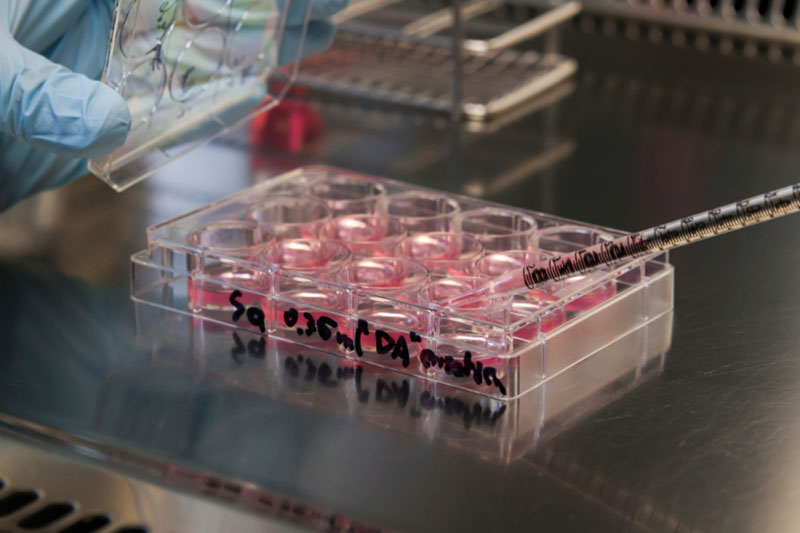
May 14 - CD34+ cell mobilization, blood graft composition, and post-transplant recovery differ between patients with multiple myeloma (MM) and those with non-Hodgkin lymphoma (NHL) undergoing autologous stem cell transplantation (ASCT), according to research published in Transfusion.
MILLIONS OF HUMAN CELLS HAVE BEEN GROWN INSIDE MICE EMBRYOS
May 13 - Scientists have created millions of human cells in mouse embryos, in a technique which they hope could one day be used in a variety of ways, from growing organs for life-saving transplants to finding treatments for diseases including COVID-19. The study centred around what are known as stem cells, which can grow into many different types of cells. Researchers at the State University of New York at Buffalo and Roswell Park Cancer Institute injected 10 to 12 human stem cells into 3.5-day-old mouse embryos.
UPCOMING MEETINGS AND ANNOUNCEMENTS
11th International Pediatric Intestinal Failure and Rehabilitation Symposium
International Transplantation Science Meeting
ITS 2021 meeting in the San Diego area — October 17-20, 2021

After careful consideration, and in light of the ongoing Coronavirus developments, we’ve made the difficult decision to postpone the ITS 2020 Meeting in Europe to 2022. Stay tuned for dates and location.
We would like to take this opportunity to confirm that we will have the 2021 ITS meeting in the San Diego area from October 17-20, 2021.
Further details will be available this summer.
We look forward to hosting you in California next year.
Until then, stay safe and healthy!
3rd IPITA/JDRF/HSCI Conference on Stem Cell Derived Beta Cells
Contact
Address
The Transplantation Society
International Headquarters
740 Notre-Dame Ouest
Suite 1245
Montréal, QC, H3C 3X6
Canada
Используйте Вавада казино для игры с бонусом — активируйте промокод и начните выигрывать уже сегодня!

